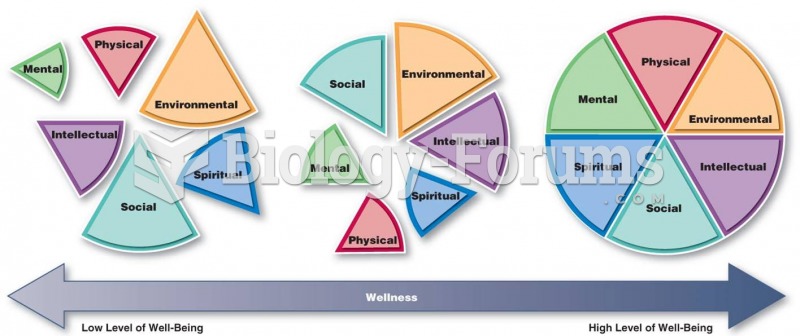|
|
|
Hippocrates noted that blood separates into four differently colored liquids when removed from the body and examined: a pure red liquid mixed with white liquid material with a yellow-colored froth at the top and a black substance that settles underneath; he named these the four humors (for blood, phlegm, yellow bile, and black bile).
Bacteria have been found alive in a lake buried one half mile under ice in Antarctica.
By definition, when a medication is administered intravenously, its bioavailability is 100%.
People with high total cholesterol have about two times the risk for heart disease as people with ideal levels.
The training of an anesthesiologist typically requires four years of college, 4 years of medical school, 1 year of internship, and 3 years of residency.







